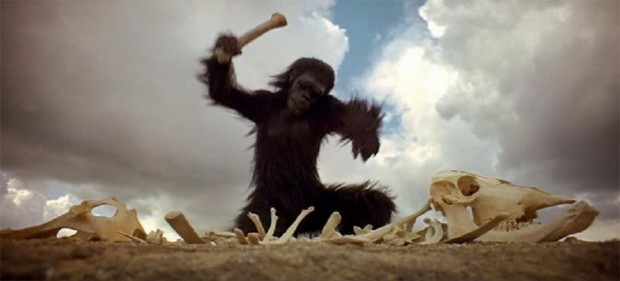The simplest truth about man is that he is a very strange being; almost in the sense of being a stranger on the earth. In all sobriety, he has much more of the external appearance of one bringing alien habits from another land than of a mere growth of this one. He has an unfair advantage and an unfair disadvantage. He cannot sleep in his own skin; he cannot trust his own instincts. He is at once a creator moving miraculous hands and fingers and a kind of cripple. He is wrapped in artificial bandages called clothes; he is propped on artificial crutches called furniture. His mind has the same doubtful liberties and the same wild limitations. Alone among the animals, he is shaken with the beautiful madness called laughter; as if he had caught sight of some secret in the very shape of the universe hidden from the universe itself. Alone among the animals he feels the need of averting his thought from the root realities of his own bodily being; of hiding them as in the presence of some higher possibility which creates the mystery of shame. Whether we praise these things as natural to man or abuse them as artificial in nature, they remain in the same sense unique.
�G. K. Chesterton, The Everlasting Man, quoted (to somewhat different effect from that intended by Chesteron) by Slavoj �i�ek in “God Without the Sacred,” a talk he gave at New York Public Library in late 2010.
 Gearfuse Technology, Science, Culture & More
Gearfuse Technology, Science, Culture & More



